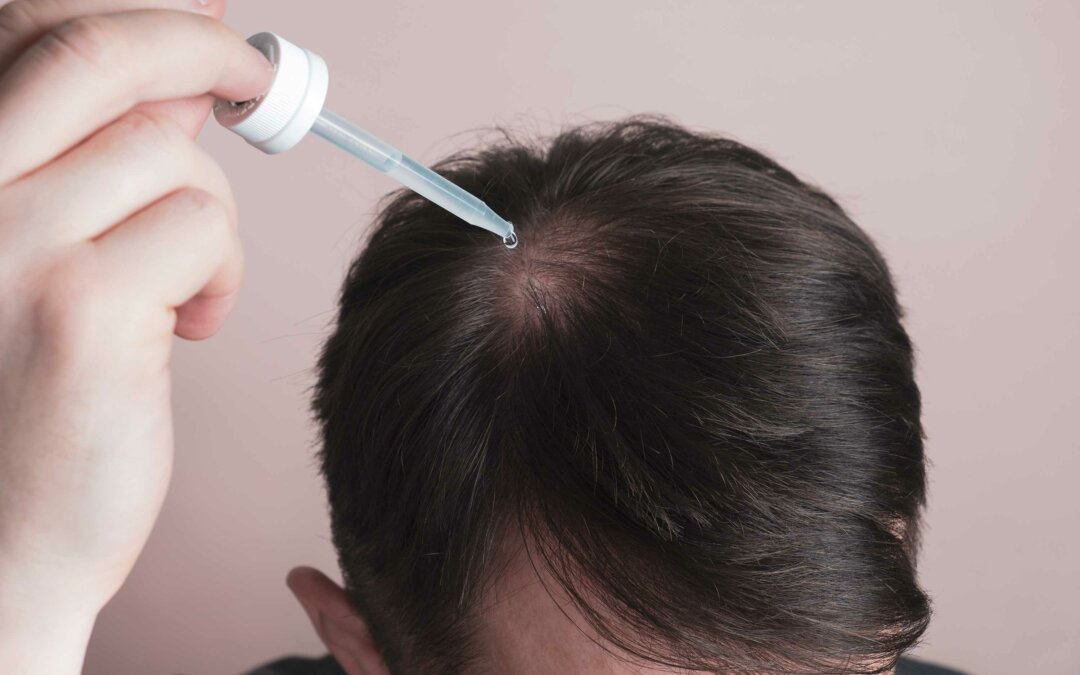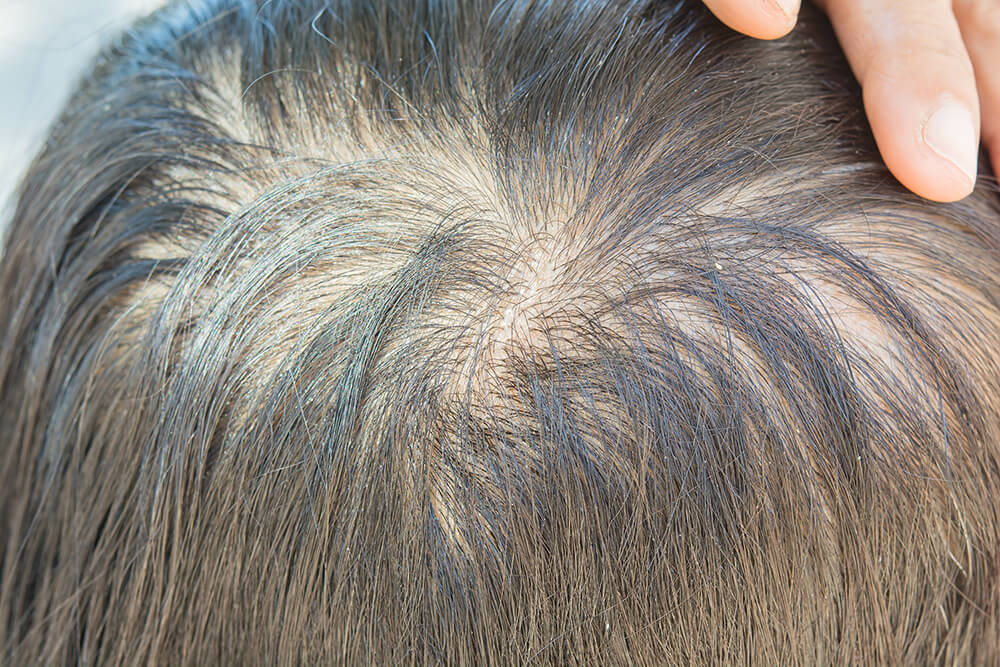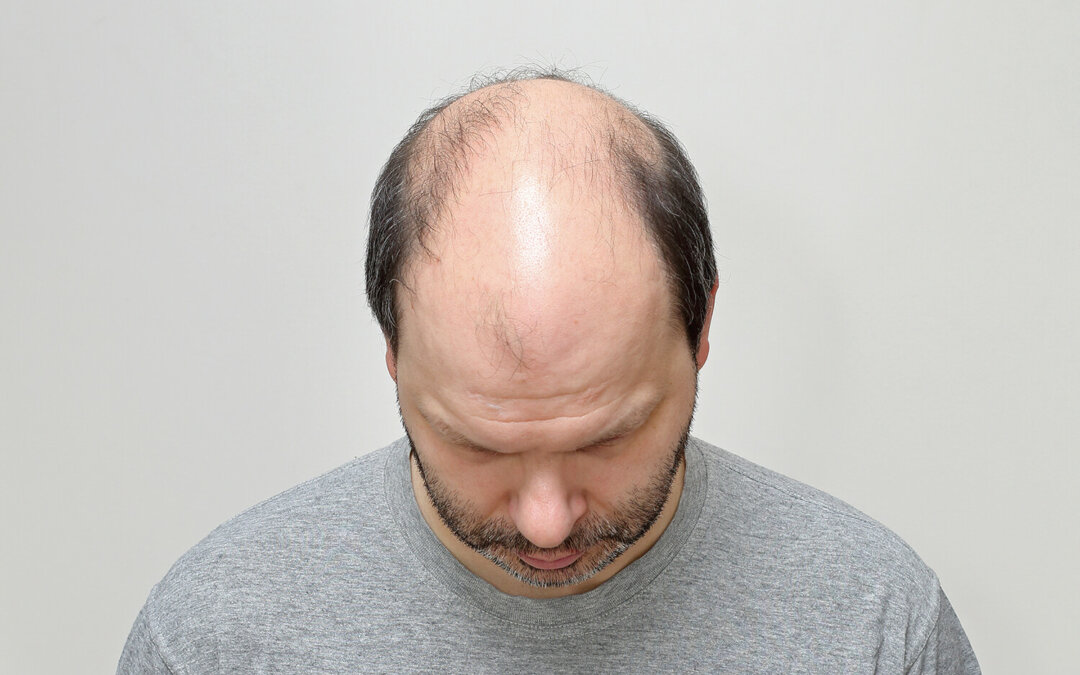Hair Loss Blog
Welcome to the myhair blog — your source for everything you want to know about hair. If you're trying to find out more about a new hair loss treatment, interested in learning more about certain hair care products, or just want some hairstyle advice, you've come to the right place. All of our content is created, fact-checked, and reviewed by our expert editorial team and qualified medical professionals.All about hair loss
Hair loss has plagued people for millennia. From Ancient Egypt to modern times, it’s been a persistent thorn in our sides, affecting men, women, and sometimes even children. Yet, it’s only been in the last few decades that the reasons behind hair loss have been understood and effective treatments have been discovered.
Our aim is to provide you with accurate, up-to-date information that can help you manage your hair problems and answer all your hair-related questions. We aspire to help you separate fact from fiction so that you can skip the useless snake oil treatments and identify which products really work.
And actually, snake oil really was used as a hair loss remedy back in the day. Ancient Egyptians mixed it with ingredients like donkey hooves, porcupine spines, and hippopotamus fat and let it soak into their scalps for hours. Did this concoction work? Not a chance.
The good news is that there are many different — and most importantly, effective — treatments you can choose from today. So far, the FDA has approved options like minoxidil, finasteride, and low-level laser therapy. A few other treatments, like microneedling and ketoconazole, are also currently being explored by researchers. And as for natural remedies… well, let’s just say some of them work, while most of them don’t.
Hair is complicated. We’re here to simplify it.










